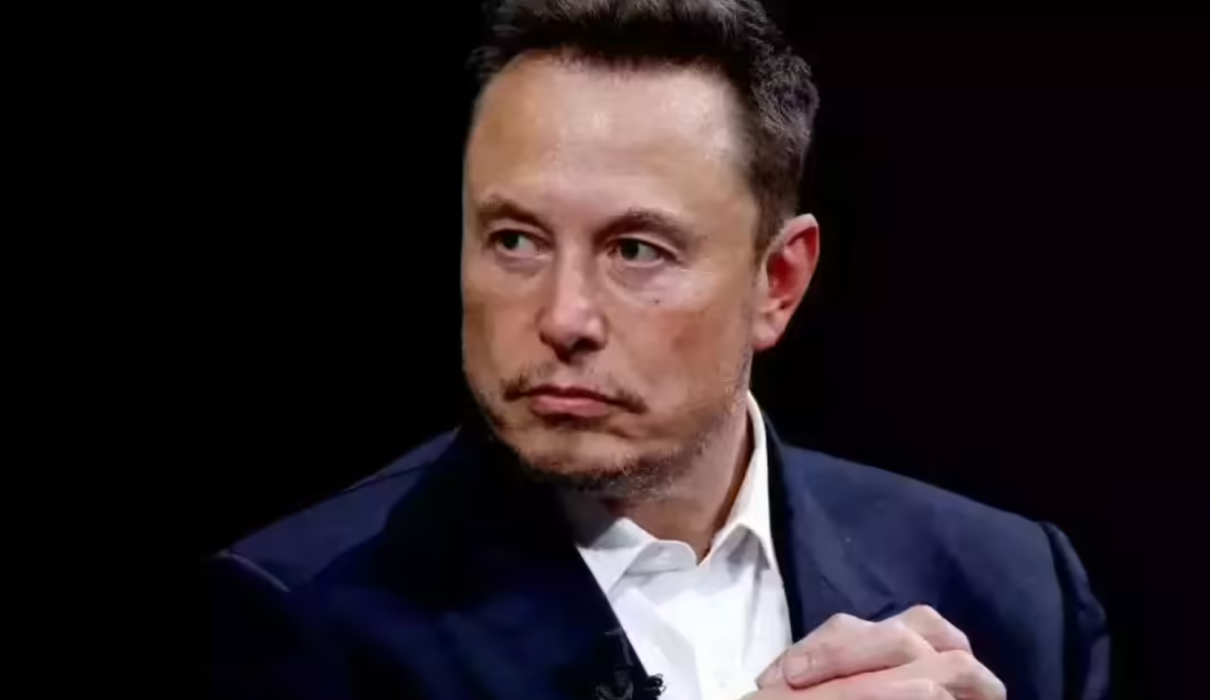Tesla’s board is facing fierce resistance from a growing coalition of investors and state officials over a proposed $1 trillion compensation plan for CEO Elon Musk. The scale and structure of the package have reignited debate over executive pay, board accountability, and performance alignment.
The opposition includes SOC Investment Group and treasurers from Nevada, New Mexico, and Connecticut. Their letter to shareholders recommends voting against the pay plan and withholding support from directors Ehrenpreis, Gebbia, and Wilson-Thompson.
Critics contend that Tesla’s board has focused too much on conceding control to Musk, often at the expense of meeting previously set goals. They cite underperformance, insufficient oversight, and a lack of real-time board intervention as key failures.
Tesla responded by defending the proposal as fully performance-based, arguing Musk will receive nothing if performance targets aren’t met. The company emphasized alignment with long-term value goals.
The timing is notable: Tesla just posted record vehicle deliveries, yet leadership is under scrutiny over whether the board is effectively challenging Musk or merely rubber-stamping his ambitions. The pay structure’s metrics—across growth, market value, and scale—are being critiqued for their opacity and discretionary leeway.
Another notable voice is NYC Comptroller Brad Lander, who has vocally criticized Tesla’s governance before and sees this vote as a chance to push for reform—even though New York’s pension funds are not among Tesla’s biggest stakeholders.
With the shareholder meeting scheduled for November, all eyes will be on the vote. A rejection could trigger an overhaul of Tesla’s governance—possibly forcing more independent directors or stricter accountability frameworks.

